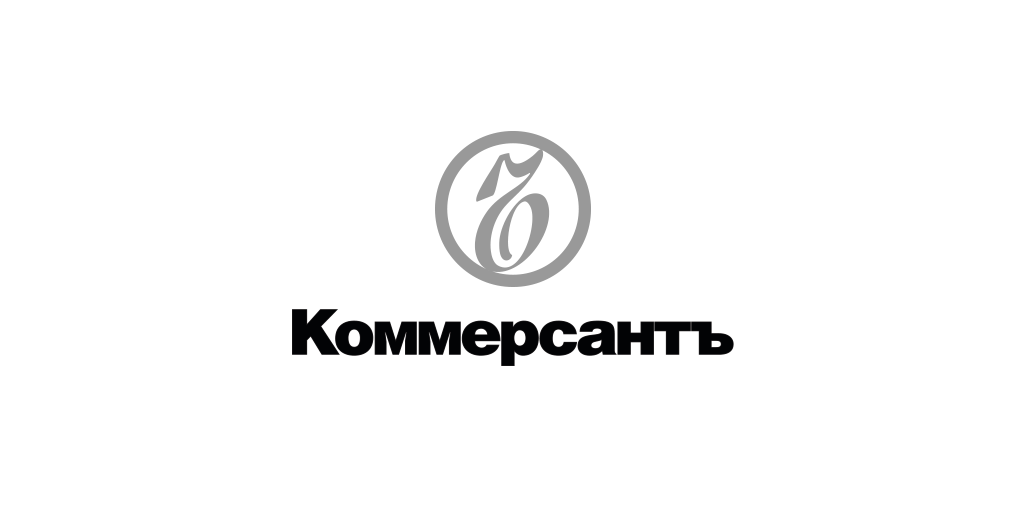The Digital Dilemma: Education and Data Security in Russia's IT Landscape
November 21, 2024, 10:49 am
In the heart of Russia's tech scene, a storm brews. The Ministry of Digital Development, Communications and Mass Media (Minцифры) is reshaping the landscape of IT education. They are pushing for a partnership between large IT companies and universities. The goal? To enhance the quality of education and keep the industry’s talent pipeline flowing. But this initiative comes with a catch.
Companies with revenues exceeding 1 billion rubles must invest in education. They need to send employees to teach, create internships, and help equip universities. This is not just a suggestion; it’s a requirement for maintaining accreditation. The stakes are high. If companies fail to comply, they risk losing their privileges.
Minцифры is gathering data on the costs of various educational programs. They want to understand the financial implications for IT firms. The ministry is in talks with industry representatives and educational institutions. However, details remain scarce.
The initiative aims to bridge the gap between academia and industry. Many IT companies already run their own training programs. Now, their accreditation hinges on collaboration with universities. This could lead to a more structured approach to education. But it also raises concerns about bureaucracy.
The Association of Big Data (АБД), which includes major players like Yandex and Sberbank, advocates for stronger ties between IT firms and universities. They emphasize the need for autonomy in educational programs. Overregulation could stifle innovation and burden companies with red tape.
BigTech firms recognize the value of education. They understand that skilled professionals are expensive and hard to find. Partnerships with universities can streamline the hiring process. For instance, Rostelecom has 28 university partners. They are already reaping the benefits of collaboration.
Yandex Education boasts 33 partnerships, with over 10,000 students enrolled in joint programs. This is a testament to the potential of such collaborations. Yet, the challenge remains. How do we ensure that the education provided meets the ever-evolving demands of the tech industry?
Experts argue that simply bringing in professionals to lecture isn’t enough. Not every expert can teach effectively. There needs to be a system where businesses can contribute to curriculum development and practical training. This is crucial for aligning educational outcomes with market needs.
Meanwhile, another crisis looms. The security of personal data in Russia is under threat. Recent reports reveal that the personal information of all Russians has been compromised. This alarming revelation came from the president of Rostelecom during a conference on customer security.
The dark web is now a treasure trove of personal data. Millions of records have been leaked, raising serious concerns about privacy and security. In October alone, there were 13 breaches, exposing nearly 10 million records. Since the beginning of the year, over 600 million records have been compromised in 110 incidents.
The situation is dire. In 2023, there were 168 data breaches, affecting around 300 million records. The previous year saw even worse numbers, with 600 million records leaked. The statistics paint a grim picture of data security in Russia.
Companies face hefty fines for failing to protect personal data. The maximum penalty can reach 100,000 rubles. However, this seems like a drop in the ocean compared to the scale of the problem. Sberbank estimates that 90% of Russian adults have had their data exposed in some form.
The digital landscape is fraught with challenges. On one hand, there’s a push for better education in IT. On the other, there’s a crisis of trust regarding data security. These issues are intertwined. As the tech industry grows, so does the need for skilled professionals. But without robust data protection, the very foundation of this growth is at risk.
The future of IT education in Russia hinges on collaboration. Universities and companies must work together to create relevant programs. This partnership can foster innovation and ensure that graduates are job-ready.
However, the shadow of data breaches looms large. Companies must prioritize cybersecurity to protect their employees and customers. The cost of negligence is too high.
In conclusion, Russia stands at a crossroads. The push for improved IT education is commendable. Yet, it must be accompanied by stringent measures to safeguard personal data. The success of this initiative depends on a delicate balance between education and security. The stakes are high, and the clock is ticking. The future of Russia's digital landscape hangs in the balance.
Companies with revenues exceeding 1 billion rubles must invest in education. They need to send employees to teach, create internships, and help equip universities. This is not just a suggestion; it’s a requirement for maintaining accreditation. The stakes are high. If companies fail to comply, they risk losing their privileges.
Minцифры is gathering data on the costs of various educational programs. They want to understand the financial implications for IT firms. The ministry is in talks with industry representatives and educational institutions. However, details remain scarce.
The initiative aims to bridge the gap between academia and industry. Many IT companies already run their own training programs. Now, their accreditation hinges on collaboration with universities. This could lead to a more structured approach to education. But it also raises concerns about bureaucracy.
The Association of Big Data (АБД), which includes major players like Yandex and Sberbank, advocates for stronger ties between IT firms and universities. They emphasize the need for autonomy in educational programs. Overregulation could stifle innovation and burden companies with red tape.
BigTech firms recognize the value of education. They understand that skilled professionals are expensive and hard to find. Partnerships with universities can streamline the hiring process. For instance, Rostelecom has 28 university partners. They are already reaping the benefits of collaboration.
Yandex Education boasts 33 partnerships, with over 10,000 students enrolled in joint programs. This is a testament to the potential of such collaborations. Yet, the challenge remains. How do we ensure that the education provided meets the ever-evolving demands of the tech industry?
Experts argue that simply bringing in professionals to lecture isn’t enough. Not every expert can teach effectively. There needs to be a system where businesses can contribute to curriculum development and practical training. This is crucial for aligning educational outcomes with market needs.
Meanwhile, another crisis looms. The security of personal data in Russia is under threat. Recent reports reveal that the personal information of all Russians has been compromised. This alarming revelation came from the president of Rostelecom during a conference on customer security.
The dark web is now a treasure trove of personal data. Millions of records have been leaked, raising serious concerns about privacy and security. In October alone, there were 13 breaches, exposing nearly 10 million records. Since the beginning of the year, over 600 million records have been compromised in 110 incidents.
The situation is dire. In 2023, there were 168 data breaches, affecting around 300 million records. The previous year saw even worse numbers, with 600 million records leaked. The statistics paint a grim picture of data security in Russia.
Companies face hefty fines for failing to protect personal data. The maximum penalty can reach 100,000 rubles. However, this seems like a drop in the ocean compared to the scale of the problem. Sberbank estimates that 90% of Russian adults have had their data exposed in some form.
The digital landscape is fraught with challenges. On one hand, there’s a push for better education in IT. On the other, there’s a crisis of trust regarding data security. These issues are intertwined. As the tech industry grows, so does the need for skilled professionals. But without robust data protection, the very foundation of this growth is at risk.
The future of IT education in Russia hinges on collaboration. Universities and companies must work together to create relevant programs. This partnership can foster innovation and ensure that graduates are job-ready.
However, the shadow of data breaches looms large. Companies must prioritize cybersecurity to protect their employees and customers. The cost of negligence is too high.
In conclusion, Russia stands at a crossroads. The push for improved IT education is commendable. Yet, it must be accompanied by stringent measures to safeguard personal data. The success of this initiative depends on a delicate balance between education and security. The stakes are high, and the clock is ticking. The future of Russia's digital landscape hangs in the balance.

